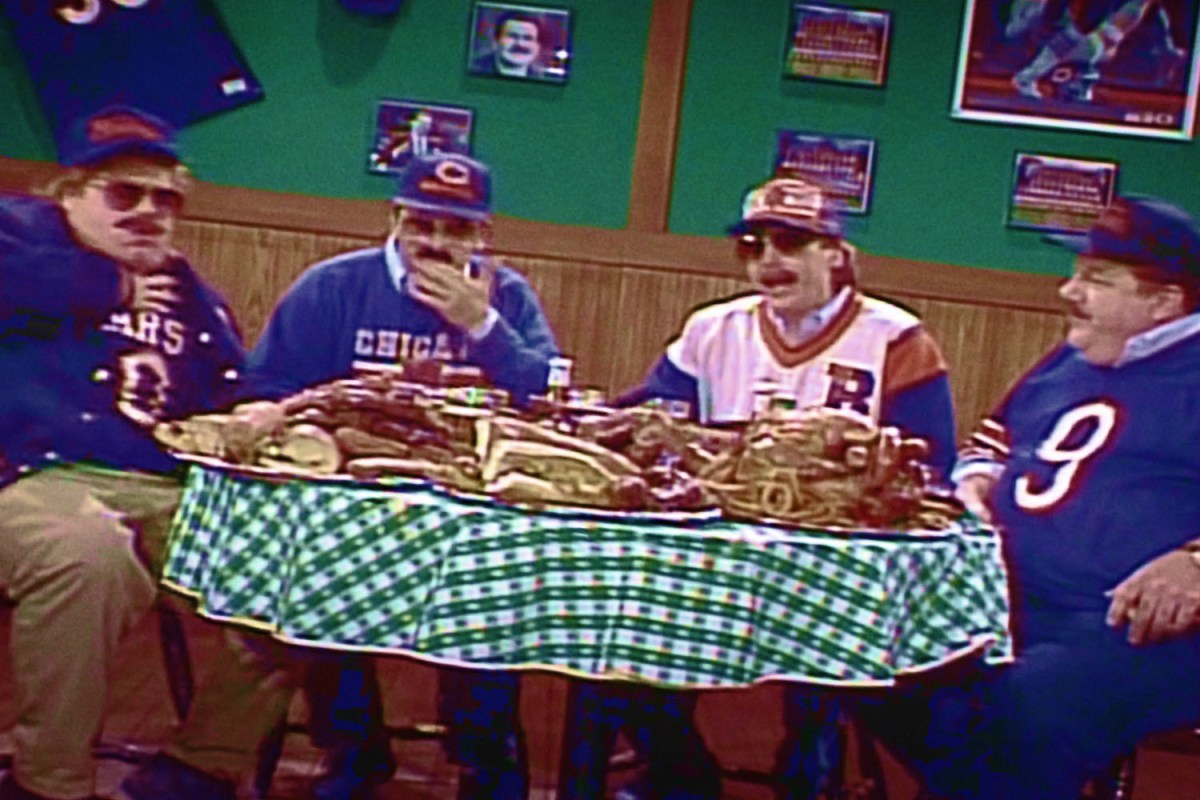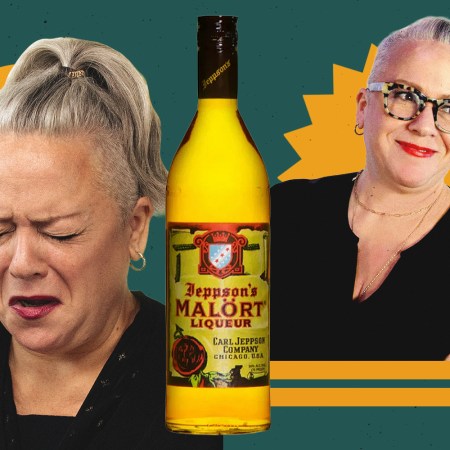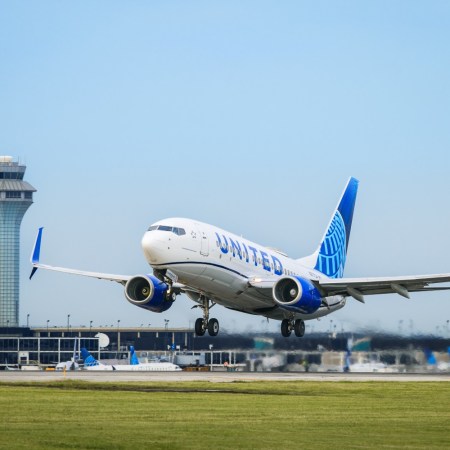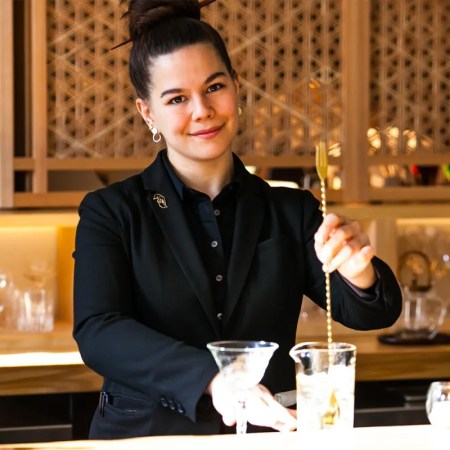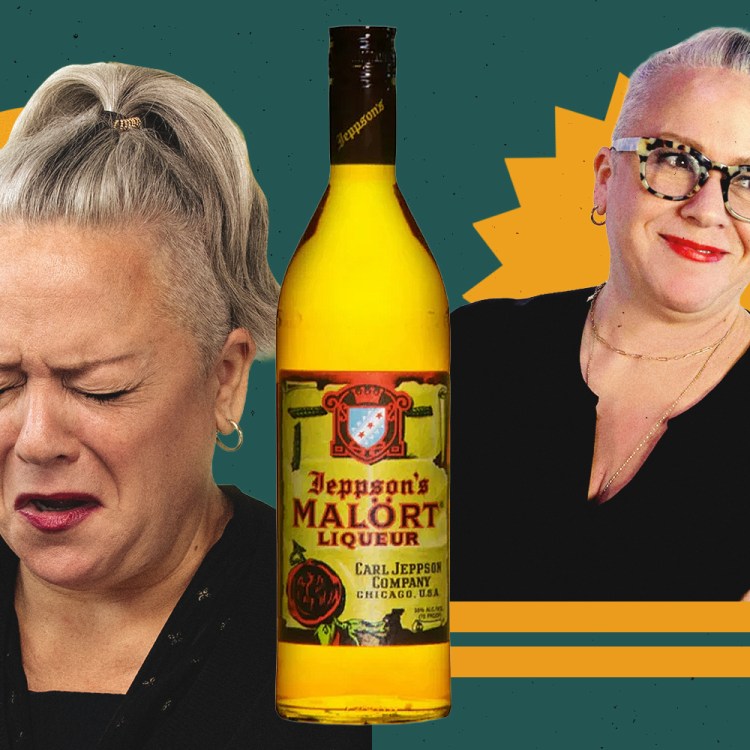Last May, an article in Chicago Magazine said the “Classic Chicago Accent” is on the decline.
Edward McClelland wrote that piece (and the book How to Speak Midwestern), citing findings from The Chicagoland Language Project that younger generations of Chicagoans are actively rejecting the Classic Chicago Accent because of its association with segregation in Chicago.
I spoke with two sociolinguists who don’t exactly agree with that hypothesis, arguing that it’s a case of expanding sample size.
“I’m not comfortable saying that it’s on the decline,” says Dr. Jill Hallett, visiting lecturer at UIC’s Department of Linguistics.
While she agrees those currently touting the classic accent affiliate strongly with white working class norms, she believes the perceived decline is merely a symptom of the research community starting to pay closer attention to non-white, non-male accents.
What’s In An Accent?
When we talk about accents, it’s not just pronunciation — it’s also word choice, syntax, and dialect variation. In combination, these markers piece together someone’s complicated tapestry of genealogy, economic class, education level, occupation, life experiences, and migration histories.
All Chicagoans will sound a bit different. “It’s not monolithic,” says Hallett. “Even among white folks in the same family it’s not monolithic.”
Dr. Richard Hallett, professor of linguistics at Northeastern Illinois University — and, yes, spouse to our other Dr. Hallett — points out that an individual has many accents and will change them daily depending on who they are talking to.
“Our identity is dynamic. We’re not just one thing, and so it makes sense our accent would change depending on the situation,” he says. “The way I lecture in class is not the way I talk to my mother, and it’s not the way I talk to my children, and it definitely isn’t the way I sound when I’m drunk or when I’m tired. I have all these different identities and they generally converge, but not always.”
Additionally, every generation has its own sound, just like it has its own slang, which is why the Classic Chicago Accent of the 1980s was always going to sound different than that of the 2020s.
So when we’re talking about the presence of a Classic Chicago Accent, consider that it might appear only in short flashes – a long A in “jog” – rather than the SNL Superfan presentation where it drips over every word.
Does that mean it’s disappearing? No.
The Chicago Sound
The accent in question was once popular among white Irish residents and sometimes referred to as the Des Dem Does accent. This style of speaking became associated with blue collar workers (think plumbers, roofers, union guys) and government employees (yer politicians, firemen, and police). This regional intonation is still laid on thick in places like Beverly and most Chicago PD pressers.
As unlikely as it might seem, this accent actually originates in upstate New York, where it emerged from a blending of cultures during construction of the Erie Canal in the early 1800s. The ensuing style is a linguistic phenomenon known as the Northern Cities Vowel Shift.
Called “one of the most significant ongoing changes happening anywhere in the English-speaking world today” by dialect wonks, you’ll most clearly recognize the Northern Cities Vowel Shift in a Chicagoan’s:
- hard vowels tossed into words like soccer, pop, sod, mom and can
- chewed consonants that make little sound like liddle
- substitution of th for d, as heard in Da Bears or “dey’re coming over for dat”
Traveling along the Rust Belt, it connects places like Syracuse, Chicago, and Davenport through dialect preferences. It’s why a Chicagoan is more likely to sound like someone from Rochester than someone from downstate Illinois. You’ll never hear Buffalo-native Rob Gronkowski the same way again once you realize he’s a kindred spirit, linguistically speaking.
According to the Halletts, the Northern Cities Vowel Shift is a certainty and won’t go anywhere in our lifetimes.
About a century after this style took hold, another classic Chicago accent made its way up from the south. The Black Chicago Accent has origins in Southern and Inland North affectation and arrived during the Great Migration of the 1900s. Because Chicago was so segregated at the time, with Black residents isolated to the south and west sides, the two accents were distinct.
McClelland says the Great Lakes region has the most extreme differences between white and Black speech in the country, and the Chicagoland Language Project confirms it, finding many divides on the basis of race and age. However, some overlap has emerged between the two styles, which, for example, pronounce “cot” and “caught” as two different words. A hallmark of a more collective Chicago accent.
Positive Vs. Negative Evolution
The natural evolution (not decline) in the Classic Chicago Accent represents positive racial integration. Past dialect distinction between the groups represents a time of physical segregation. As we integrate, we want to sound like each other.
Explains Dr. Jill Hallet: “If you want to establish solidarity with someone, then you tend to use their language features,” things like slang, pitch and emphasis prove mutual understanding and belonging. So the slow dissolution of disparate white accents and Black accents in Chicago is positive forward momentum.
There’s also negative evolution occurring.
When people want to hide their social markers, they change their accent. McClelland says “strong local accents lead to pressure to change the way you speak.”
If the Classic Chicago Accent is associated with blue-collar work, folks who have it but take a white-collar job might try to soften its edges to avoid sounding working class. Kids that go to an out-of-state university might drop their natural tendencies because they don’t want to stick out as provincial or dorky.
This lends to McClelland’s argument that regional dialects won’t last much longer everywhere — not just in Chicago. Strong regional accents are a mainstay of a less globalized world — a world fewer of us live in these days, thanks to greater freedom of movement, both physical and digital.
In a world that increasingly looks to globalize us, our articulated language offers a sense of belonging to micro communities. It’s why you can expect your natural accent to get stronger when you’re surrounded by people with shared experiences – ever noticed how your modulation changes around your childhood friends?
Your unique, authentic accent is a part of you and the more life you live, the more your accent will evolve. Concludes Dr. Richard Hallett, “the only language that doesn’t change is a dead language.”
All this to say, while accents are complex maps to the lives we live, for Chicagoans, the Northern Cities Vowel shift is Cardinal north, an unmovable and obvious point on that map. This behemoth, expressed in all sorts of genders, ethnicities and economic levels, unites Chicagoans.
Whether you wear it proudly or hide it away, der it is.
This article was featured in the InsideHook Chicago newsletter. Sign up now for more from the Windy City.
